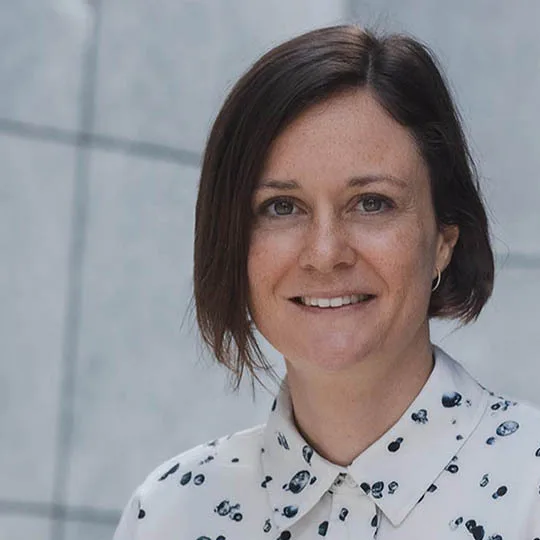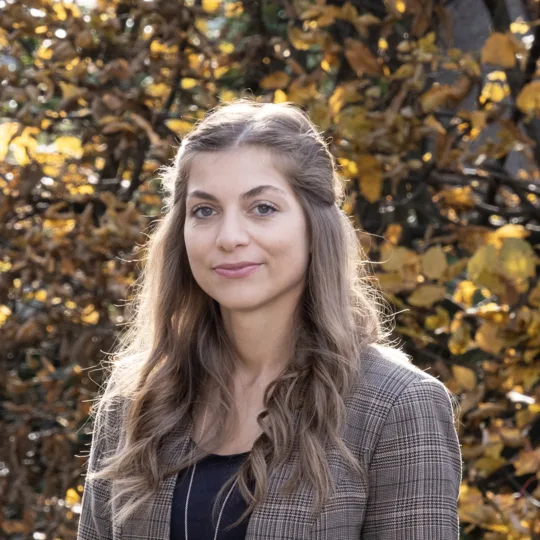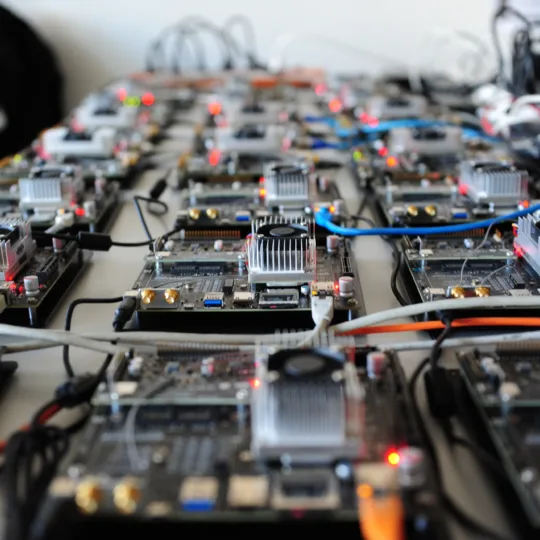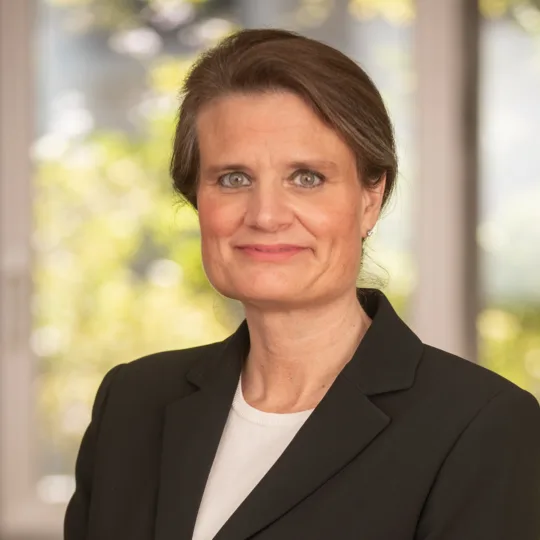Swissnex supports Swiss start-ups to expand into the Indian market
Jonas Brunschwig, CEO of Swissnex in India, Swetha Suresh, Head of Innovation of Swissnex in India, and the two founders, Saurabh Tembhurne and Sebastian Dümcke, talk about the internationalisation of Swiss start-ups.
Swissnex is the global network connecting Switzerland and the world in education, research and innovation. What are the current priorities and focus areas of Swissnex in India?
Jonas Brunschwig: Our top priority over the next years is to grow the Indo-Swiss collaboration in education, research and innovation from many, rather ad hoc engagements, to more strategic ones. Right now, Swissnex in India is involved with a suite of programs, activities and funding instruments that are operating relatively independently from each other. Our goal is to create alignment amongst them, so that we can foster more impactful Indo-Swiss collaborations. This means working even more closely with:
- The Swiss network in India that comprises the Embassy, Swiss Business Hub, Swiss Development Corporation and the Swiss-Indian Chamber of Commerce
- Systemic partners in Switzerland like the Swiss National Science Foundation, Innosuisse, and the Leading House (Zurich University of Applied Sciences ZHAW)
- Institutional partners in India that fund science like the Department of Science and Technology, the Department of Biotechnology; research institutions like the Indian Institute of Science, the National Centre for Biological Sciences (NCBS), the Indian School of Business; and accelerators and other start-up enablers such as C-CAMP, and WeHub.
Swetha Suresh: We are going to operate on two parallel tracks simultaneously: on the one hand, we are setting thematic priorities like health, sustainability, and digital transformation, while on the other hand we want to ensure that not everything we do is thematically directed. We want to ensure there are opportunities for collaboration with India for everyone, and not just for those who fall within our priority areas.
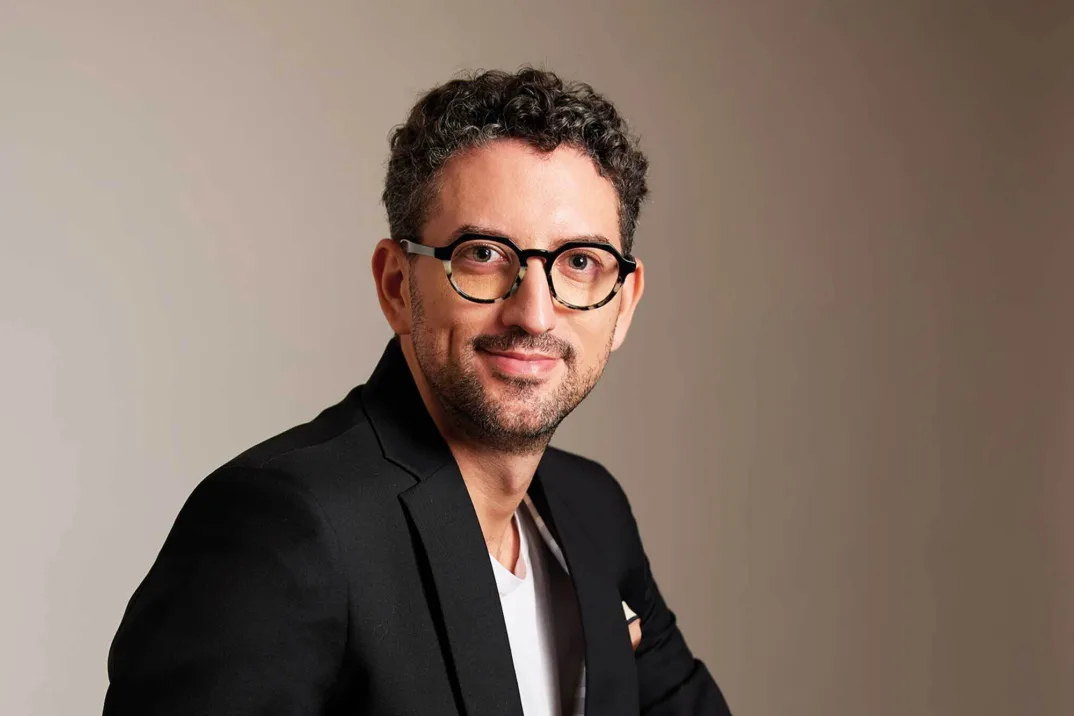
More specifically, what do you think it is you can achieve through your work at Swissnex?
Jonas Brunschwig: India remains a lesser-known country in Switzerland when it comes to science and technology. Part of our job is to tell the story of India as a key country in the knowledge economy, thus persuading Switzerland to engage more. The better we do this, the easier it will be to direct some of the attention towards ‘Incredible India’. What we see is that first-time visitors are often amazed by the level of excellence one can find here, and that is certainly encouraging.
Swetha Suresh: When it comes to Swiss start-ups specifically, we see a transition towards more market-ready innovations, and how they are using India as a tech and product development partner - on top of looking at the market itself.

What do you see as the major challenges in the coming years?
Jonas Brunschwig: We have a very strong Swiss network in India and are working hard on aligning our efforts with stakeholders from both Switzerland and India. While it is not something easy that can happen overnight, it is an incredibly exciting challenge for us.
Swetha Suresh: At the same time, not all the challenges are intrinsic to our work. Geopolitics could quickly turn into a major challenge as we have seen with the war in Ukraine, with value-based decisions forcing a country to decide on which side of an issue to stand.
Swissnex Network
Swissnex, the Swiss global network for education, research and innovation, is an initiative of the State Secretariat for Education, Research and Innovation and is part of the Confederation’s network abroad managed by the Federal Department of Foreign Affairs. The Swissnex activities are based on a collaborative approach, relying on public and private partnerships and funding.
How do you enable Swiss start-ups to fully leverage the potential of being present in India?
Swetha Suresh: Swiss businesses find internationalisation challenging when it comes to India, given that it is a country of many different nuances. We help Swiss start-ups through their market discovery, market validation and entry journey. Discovery is best done with friends, that’s why we run the Academia Industry Training program, where 10 Swiss and 10 Indian innovators learn how the sector works and also the cultural costs of international business - not only from experts, but from their peers. As the start-ups mature, we provide tailored individual support via the Innosuisse internationalisation camps. This includes connections for knowledge exchange and potential first customers or partners that are relevant for the start-up business.
The incredible diversity, market size and business approaches in India are both a challenge and an opportunity. Whether it is a test market for novel technologies, the search for a tech co-developer, or the market itself: India has something to offer! With that being said, no business entity can airdrop solutions and hope for similar results across all markets - understanding local conditions is a must. Swissnex in India is a trusted partner with a deep understanding of the country’s market. Since 2013, over 60 Swiss start-ups have been mentored through our different programmes.
SoHHytec
Sohhytec has developed an "artificial tree" called arb that uses sunlight and water as inputs to produce hydrogen on site. Through AIT 2016, Sohhytec understood the growing market for clean hydrogen generation in India. Through the market validation camp in 2019, they engaged with energy and steel companies. This helped them realise that though there was interest from customers, they needed to figure out the "how-to" of supply chain, installation and validate their model with unit economics. For validation, they established partnership with an energy institute. Through the market entry camp in 2022, they achieved supply chain partnerships which are key to the next set of deployments.
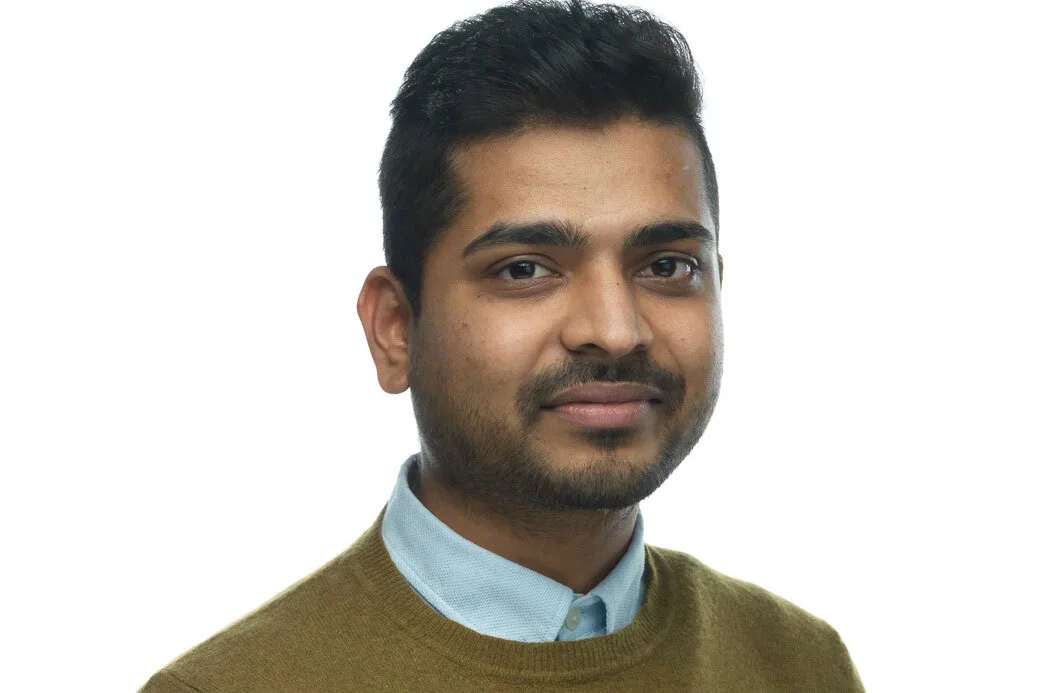
What does your start-up do?
Saurabh Tembhurne: Sohhytec provides renewable systems for onsite production of green power. Our proprietary technology developed at EPFL is thermally assisted photo electrochemical catalysis that increases conversion of solar to hydrogen, twofold that makes it viable for large scale adoption.
As a Swiss start-up, how do you benefit from the programmes offered by Swissnex in India?
Swissnex in India helped us immensely right from the beginning. We were a part of Academia Industry Training program in 2016, that helped us understand feasibility of deployment in India. During the Innosuisse market validation and entry camps, Swissnex helped not only to connect with the right people at the right time but also helped us place our offering in the broader context of Indian energy market for green fuels. We got support on various aspects ranging from networking, local strategic planning, IP planning and manufacturing indigenization.
What are the specifics of the Indian market? And what are the opportunities for your business?
As India is trying to increase share of variable renewables and decarbonisation is a high priority, it presents immense opportunities for our technology. Steel, cement, fertilizers, mobility and even energy storage for the grid are sectors that our technology could help rapidly decarbonise.
Clemedi
Clemedi develops in-vitro tests to diagnose antibiotic-resistant infections, especially for tuberculosis (TB). Since India accounts for the highest number of drug-resistant TB patients worldwide, their product is highly relevant for the Indian market. Via Academia Industry Training (AIT) 2017, Clemedi understood what it would take specs-wise, regulatory-wise, the current gold standard being used in India for technology development. Via the market validation camp in 2019, Clemedi initiated several solid collaborations to gain access to samples and offer tests. This played an important role in the design and development of the diagnostic itself. They also signed an evaluation agreement with a large Indian network of diagnostic labs. The team travelled to India in 2022 for their market entry camp and negotiated agreements with suppliers, enabling the company to sell a Clemedi branded box with all reagents.
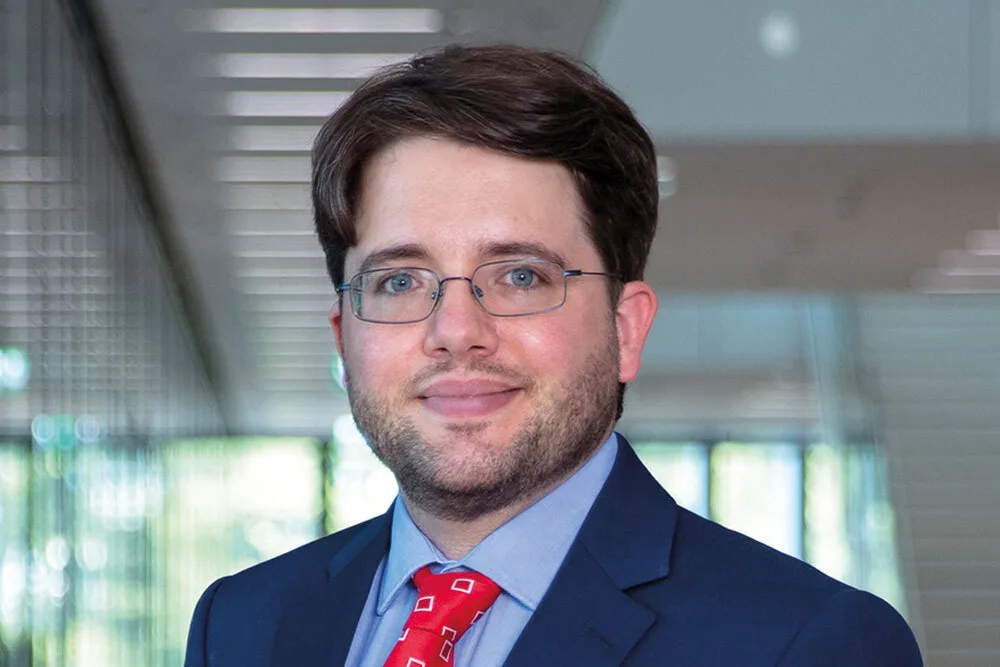
What does your start-up do?
Sebastian Dümcke: Clemedi is developing diagnostics for infectious diseases by combining next generation DNA sequencing with artificial intelligence. Our first product is for diagnosing tuberculosis. This indication is of high relevance to India which accounts for 1/3 of the world’s drug resistant tuberculosis cases. Our product can predict resistance to 12 antibiotics within 48 hours which enables the physician to choose the correct antibiotic therapy from the onset.
As a Swiss start-up, how do you benefit from the programmes offered by Swissnex in India?
During our product development phase, programs such as Academia Industry Training and Innosuisse Market Validation Camp enabled us to get insights into the Indian start-up ecosystem and incubators such as C-CAMP and get in touch with first contacts within our field of interest. The generous travel grants from Swissnex allowed us to build personal relationships through in-person meetings. We also got a first understanding of the Indian healthcare market and the public / private split and such. After our product launch in Europe, the Innosuisse Market Entry Camp helped us engage with potential customers and really drill down on our value chain in India.
What are the specifics of the Indian market? And what are the opportunities for your business?
We could confirm the product market fit and the strong medical need that tuberculosis represents in India, in contrast to Switzerland. We also understood that we need to target the private healthcare market first, where patients pay for the costs of testing out of pocket. During our recent visit to India we identified 6 strong leads that are interested in product, amongst which two of the four largest pan-Indian hospital chains. We also were able to understand the pathway of acquiring an import license for our products through the contacts from Swissnex. Last we had the ability to interview doctors at a large Indian hospital chain which provided us new insights on how our product will reach the patients.
Contact
Author
